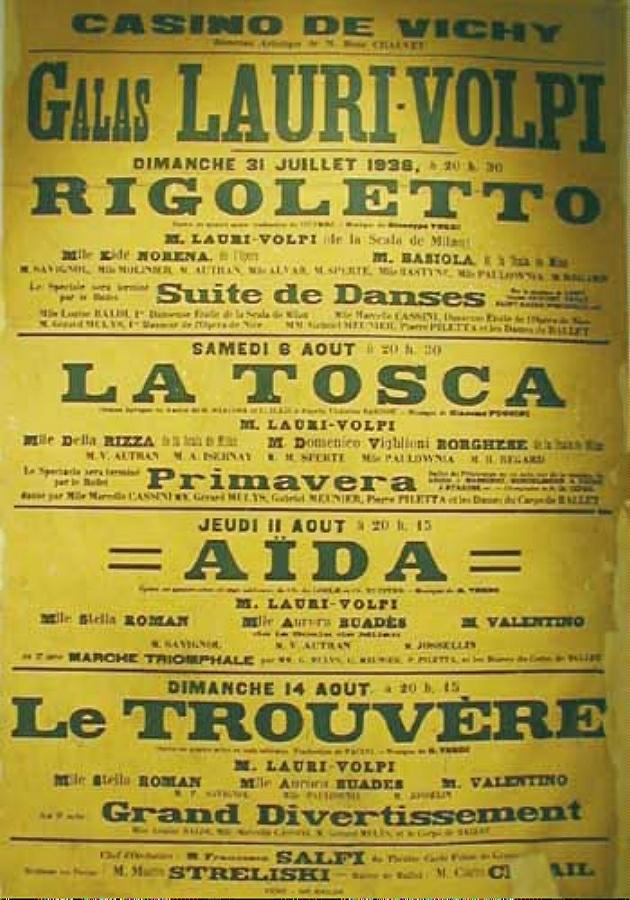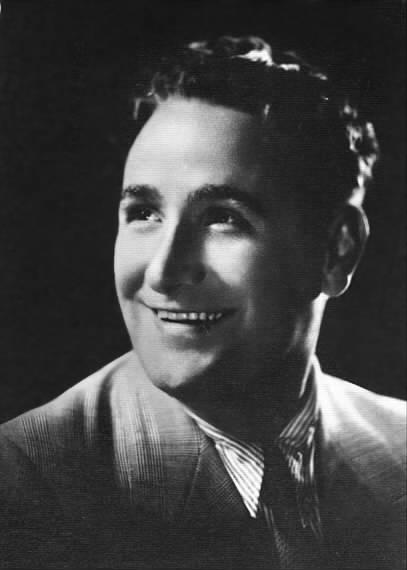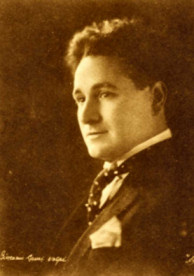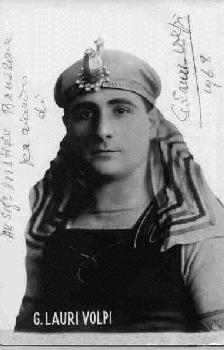Giacomo Lauri-Volpi
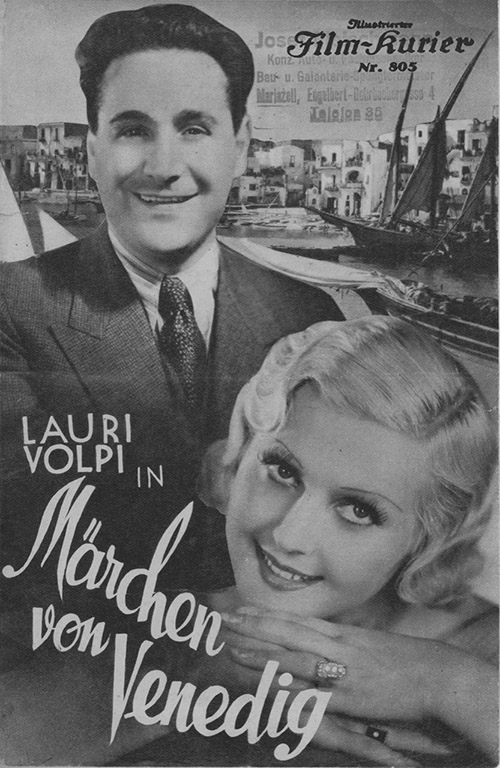
Personally, he was hardly very likeable, difficult to work with, and positively belligerent (he was in eternal conflict
with the audience of La Scala as well as with his own parents, and he left the Met in dispute with the management). But
at the same time, he was smart and a capable author; he wrote several books, notably Voci parallele, a critical
evaluation of the singing of a great many singers, eventually (in the updated 1977 edition) ranging from Maria Malibran to
José Carreras.
Reference 1: Kutsch & Riemens, reference 2, reference 3
I wish to thank Claude Ribou for the broadside (Vichy 1938). The Turandot recording was provided by Jacques Franken. I wish to thank Terence Doleschal for the recording (Puritani). I would like to thank Thomas Silverbörg for the recording (Norma) and picture (top). I wish to thank Roberto Falcone for the picture (bottom). I puritani – Viterbo 1919 Rigoletto – Viterbo 1919 Manon – Roma, 1920 Gianni Schicchi – Roma 1920 Il barbiere di Siviglia – Roma 1920 Isabella Orsini – Rio de Janeiro 1920 La bohème – Madrid 1921 Tosca – Madrid 1921 Faust – Valladolid 1921 La favorita – Madrid 1922 Madama Butterfly – Montecarlo 1922 La traviata – Buenos Aires 1922 Cavalleria rusticana – Rio de Janeiro 1922 Don Casmurro – Rio de Janeiro 1922 Anima allegra – New York 1923 Lucia di Lammermoor – Chicago 1923 Andrea Chénier – Chicago 1923 Il re di Lahore – New York 1924 Carmen – Chicago 1924 Marta – Chicago 1924 L'elisir d'amore – Chicago 1924 Fra Diavolo – Chicago 1924 Aida – Chicago 1924 Giovanni Gallurese – New York 1925 La Gioconda – Atlanta 1925 Mefistofele – Atlanta 1925 L'africana – Cleveland 1925 Manon Lescaut – Torino 1925 Turandot – Buenos Aires 1926 La Wally – Rio de Janeiro 1926 La vestale – New York 1926 Norma – Buenos Aires 1927 Il trovatore – Buenos Aires 1927 Nerone (Boito) – Roma 1928 Pagliacci – Buenos Aires 1928 Luisa Miller – New York 1929 Guglielmo Tell – Milano 1930 La sonnambula – New York 1933 Gli ugonotti – Verona 1933 La cena delle beffe – Roma 1934 Un ballo in maschera – Firenze 1935 Werther – Paris 1935 La fanciulla del West – Paris 1935 Otello – Milano 1942 La forza del destino – Montreux 1952 Poliuto – Roma 1955 Reference: Lauri-Volpi A viso aperto, Bongiovanni 1983. Maurizio Tiberi: Giacomo Lauri-Volpi, un tenore dall'800, Edizioni del TIMAclub, 2012 |
